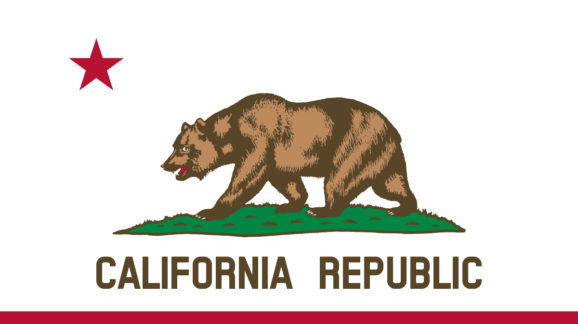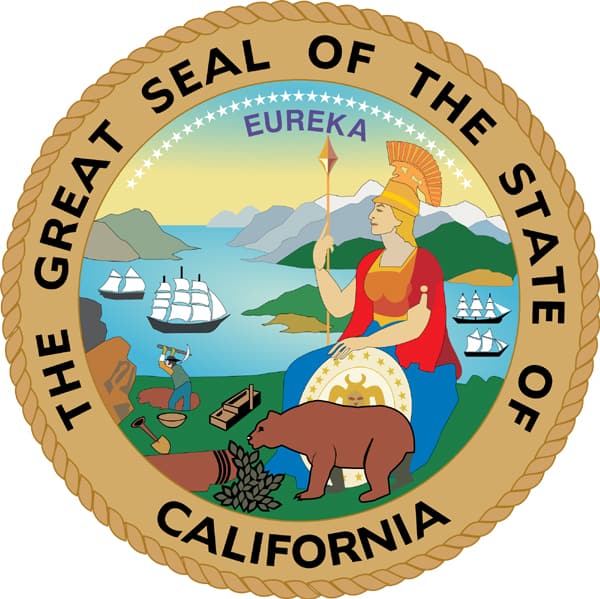California Supreme Court Upholds Pension Reform, Punts on ‘California Rule’

 Incremental gains are generally valuable in achieving long-term policy reform. However, sustained reform efforts require a clear path forward. In the case of reforming California’s severely underfunded public pension system, such a path is not in view—at least, not yet.
Incremental gains are generally valuable in achieving long-term policy reform. However, sustained reform efforts require a clear path forward. In the case of reforming California’s severely underfunded public pension system, such a path is not in view—at least, not yet.
On Monday, March 4, the California Supreme Court, in a unanimous decision, upheld a major provision in the state’s 2012 pension reform legislation, but punted on the broader question of whether pension benefits are protected as contracts under the state constitution—and therefore cannot be altered.
However, the court will likely get a chance to revisit the issue relatively soon, as there are five more public pension cases pending before it.
The case decided this week (Cal Fire Local 2881 v. California Public Employees’ Retirement System) concerned a practice known as “air time,” which allowed California state employees to buy time credits to be counted toward their retirement compensation. For example, someone who worked for the state for 20 years could retire with pension benefits based on 25 years of service by buying five years’ worth of time credit.
The legislature created the “air time” in 2003. Then-Gov. Jerry Brown’s 2012 pension reform ended the practice, and a firefighters’ union filed a legal challenge to the legislation.
The court ruled that air time was an optional benefit and therefore not constitutionally protected under the legal doctrine that has become known as the “California Rule,” which has become an obstacle to reform.
For pension reform advocates, Monday’s ruling is a partial victory, though one that doesn’t point to a clear path forward. Yet, as noted, this probably isn’t the last word. As San Jose Mercury News columnist Daniel Borenstein notes:
The high court got it right. But, legally, this was an easy call. It was the low-hanging fruit.
The next case, from Alameda, Contra Costa and Merced counties, challenges provisions of the 2012 law that limit the counting of pay at termination—for items such as unused vacation and sick leave—in pension calculations.
A future decision on the California Rule could have impacts well beyond the Golden State, as several other states have adopted the rule in some form.
Stay tuned.